Should You Take an Early Retirement Package During The COVID-19 Crisis
As the economy continues to shrink during Covid-19 some companies are being forced to cut costs. Some are doing it through suspending 401K matches and others are starting to reduce head count by offering buyout/early retirement packages with incentives.
You may be offered one of these packages and are thinking of taking it. As summer is on the horizon what would be better than getting paid to enjoy the nice weather 😊. However, before you accept there are some things to consider:
1) What does the package offer?
There are no set rules for early retirement packages but often you get so many weeks of salary based on years of service up to a maximum. For instance, they might offer you two weeks of salary for every year that worked. Sometimes if your company offers a pension, they may offer you a slight increase on it as an incentive. If you have any unused sick or vacation days make sure you’re getting paid for those too. If they are not offering much, then you may not want to take it.
2) What will you do for health insurance?
If you’re 65 or older you can go on Medicare. This will probably save you money over the cost of paying your own health insurance and makes things simple. However, if you need health insurance coverage before 65 Health Insurance Before Age 65 there are other options. When you leave a job, and had health insurance there, you can keep it up to 18 months. The first 15 months are partially subsidized (close to what you currently pay) and the last 3 months you pay the full cost (not employer subsidy). This is called COBRA insurance. If you have a working spouse, then you can possibly be covered under their plan. Another option if is to get a policy through the Connecticut Healthcare Exchange, www.accesshealthct.com. Depending on your income level you may qualify for a subsidized policy which could save you a lot in monthly premiums.
3) Will this impact your Social Security benefit?
Your social security benefit is based on your highest 35 years of work history. If you don’t have 35 years of work history then social security uses zero earnings for those missing years. So, retiring without 35 years of work history reduces what you will receive from Social Security. You can collect your benefit as early as age 62 or wait until age 70. Each month that you wait you get a higher benefit. If leaving your job now causes you to collect early that will reduce your monthly benefit and significantly reduce what you receive over your lifetime form Social Security. Make sure you fully understand these decisions before you collect as they are virtually irreversible.
4) How long will your retirement savings sustain you?
The point of saving into your retirement accounts is for you to live off them when you retire. However, there is a limited amount of income one can take from their investments on an annual basis or they risk outliving their money. There are multiple strategies to use but the general guideline is that you live off the dividends and interest, not the principal. That can then allow for a lifetime of income. If you begin spending principal early on in your retirement, then your retirement accounts will probably run out of money sooner than you’d like. Make sure that you’re taking too much from your retirement accounts on an annual basis.
The bottom like is that you should do some detailed planning in conjunction with a fee-only Certified Financial PlannerTM Practitioner to make sure this is the best move for you before accepting any early retirement package. From what I’ve seen many people enjoy their best earning years right before retirement and these jobs become scarce later in life.

